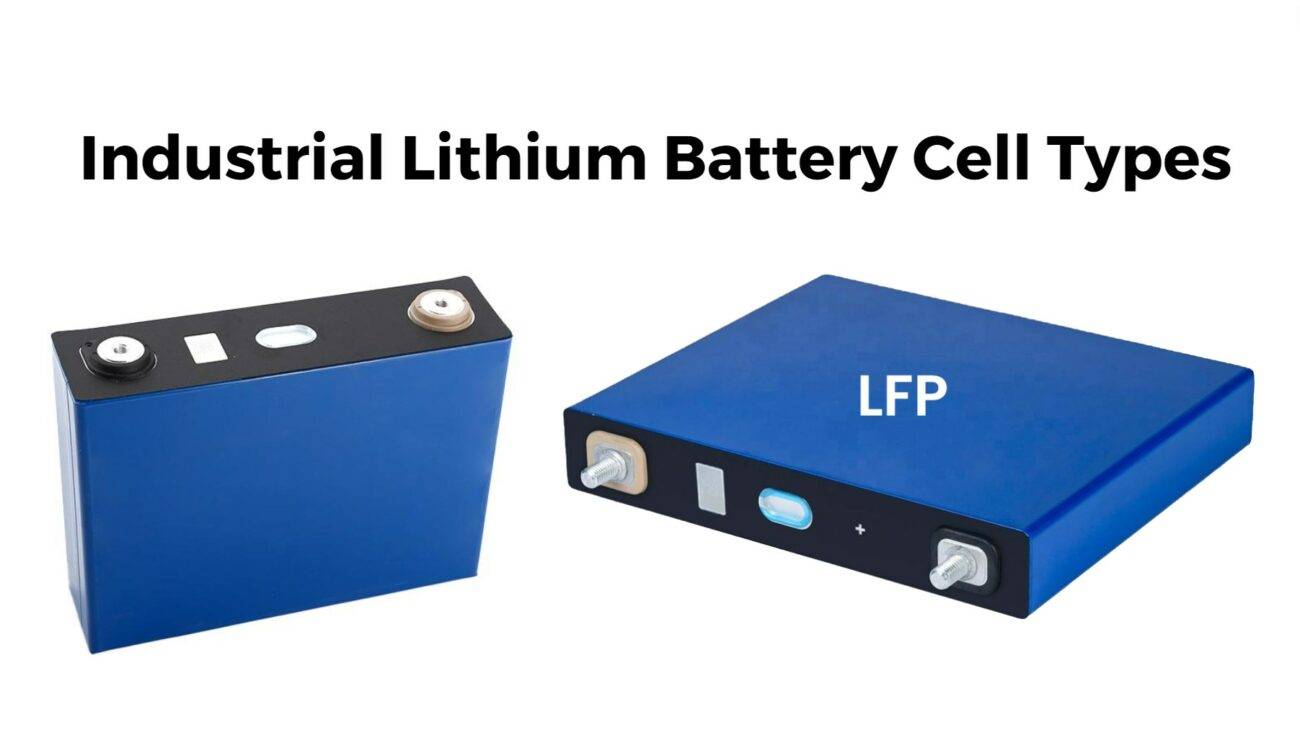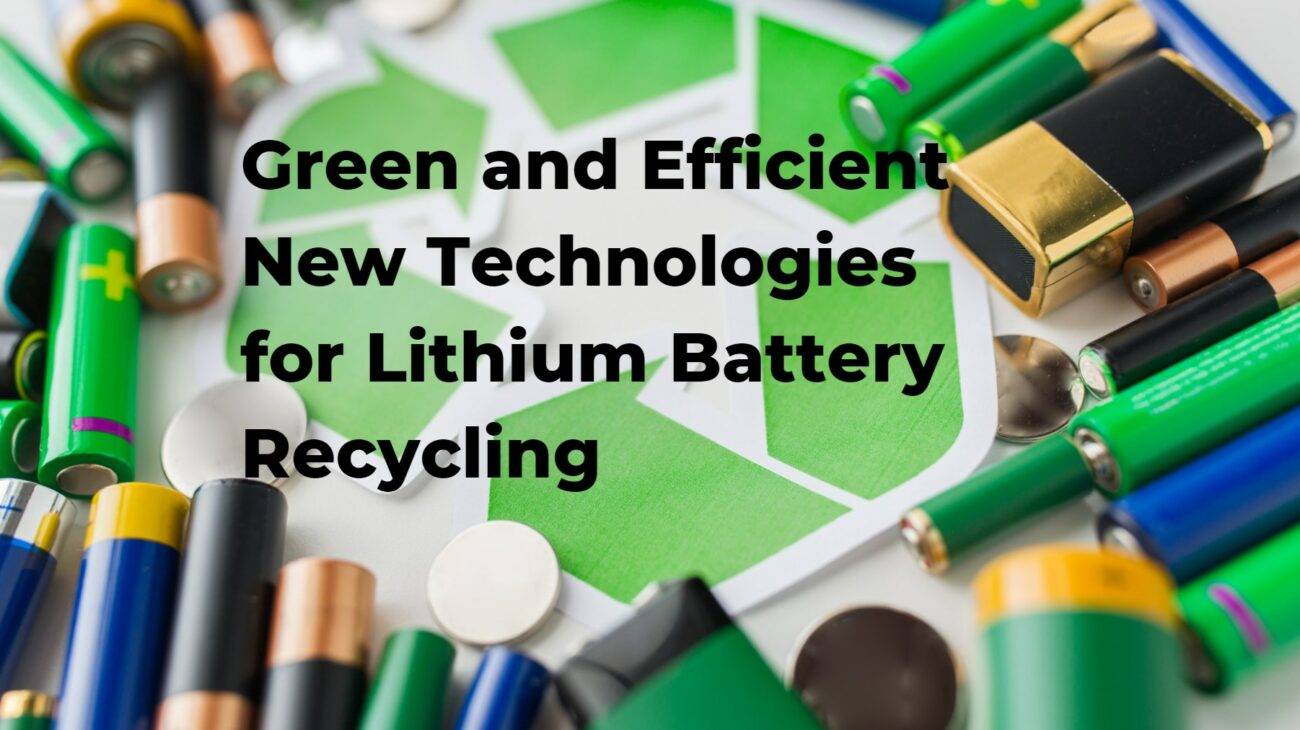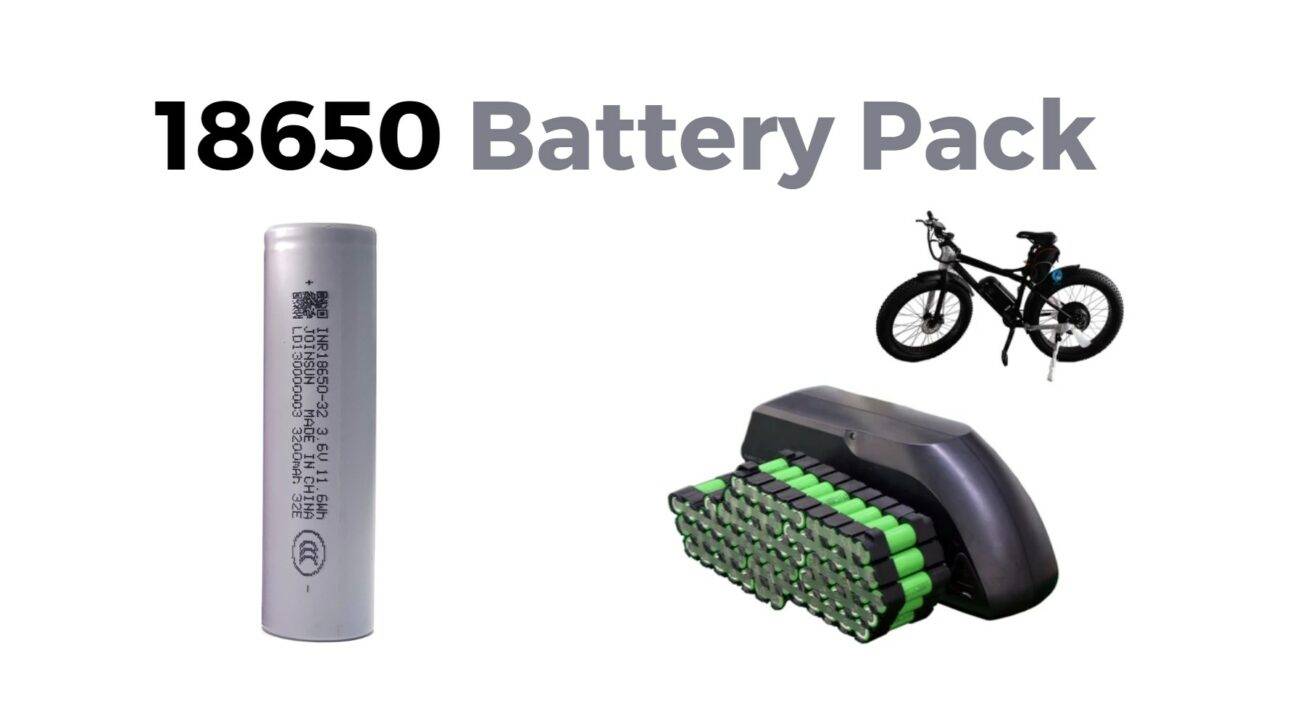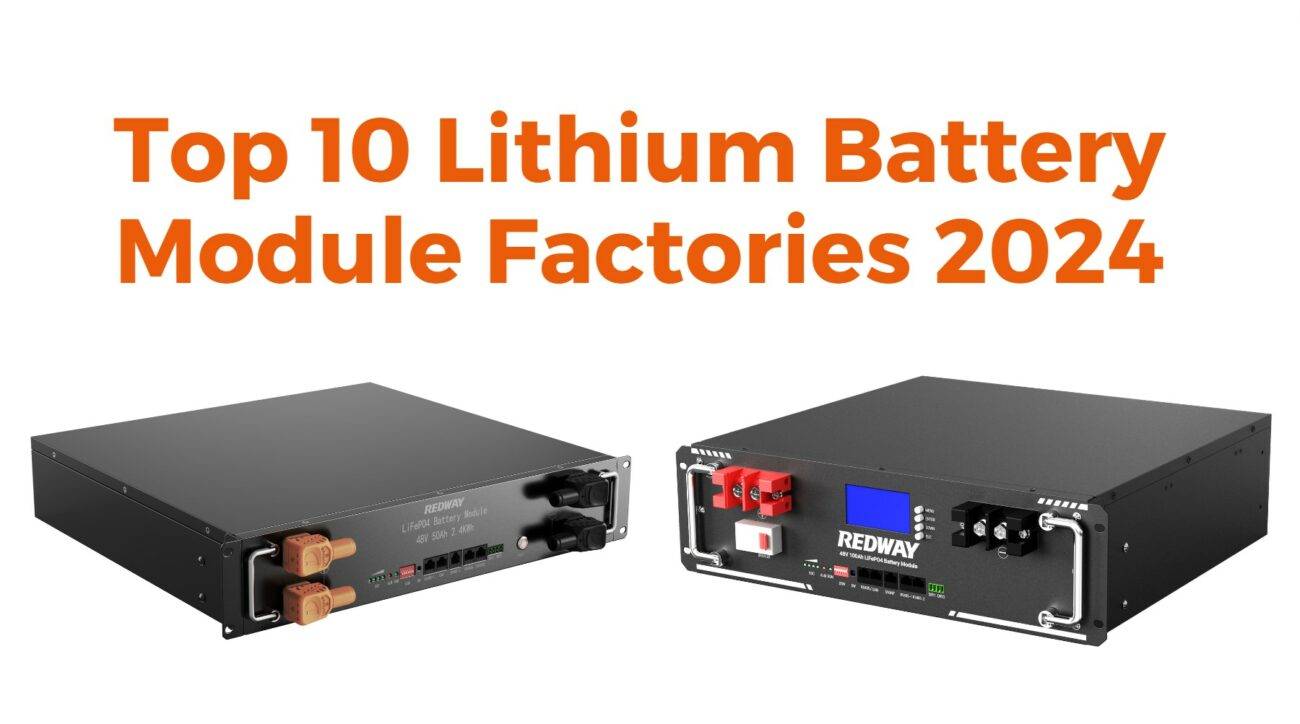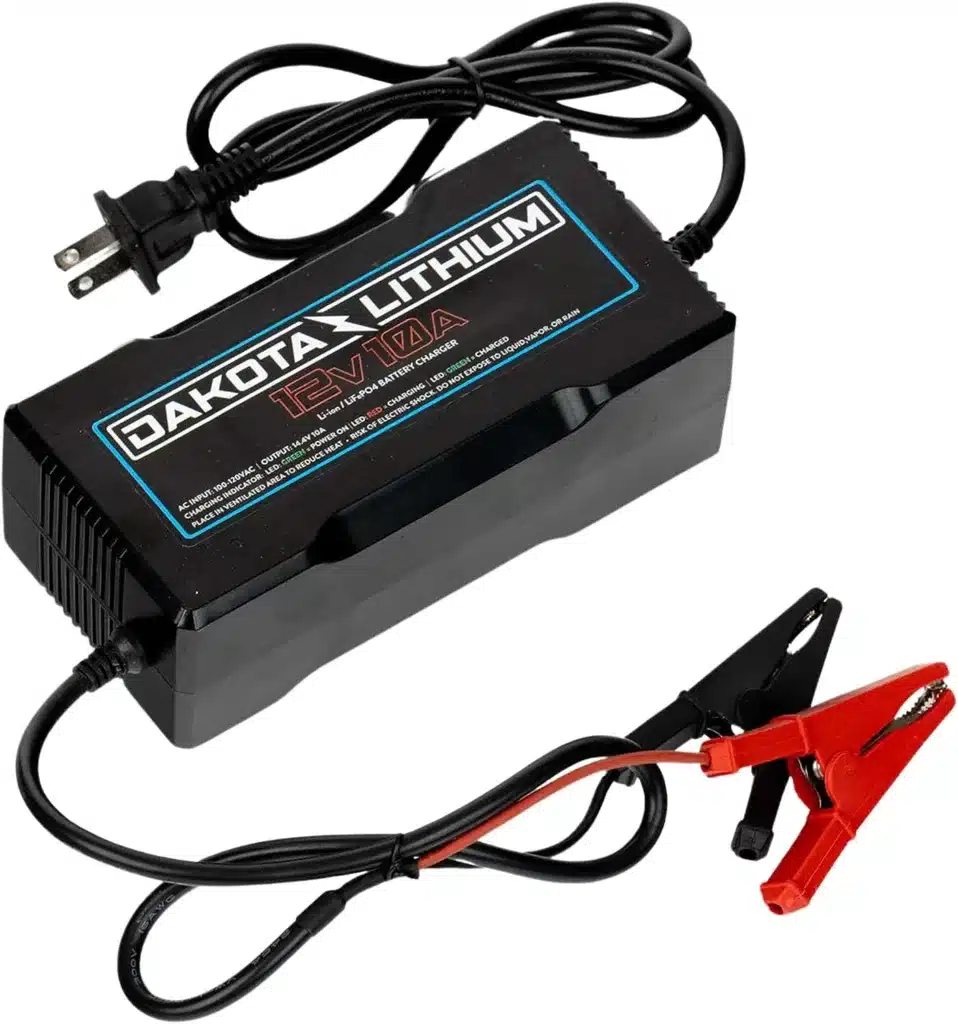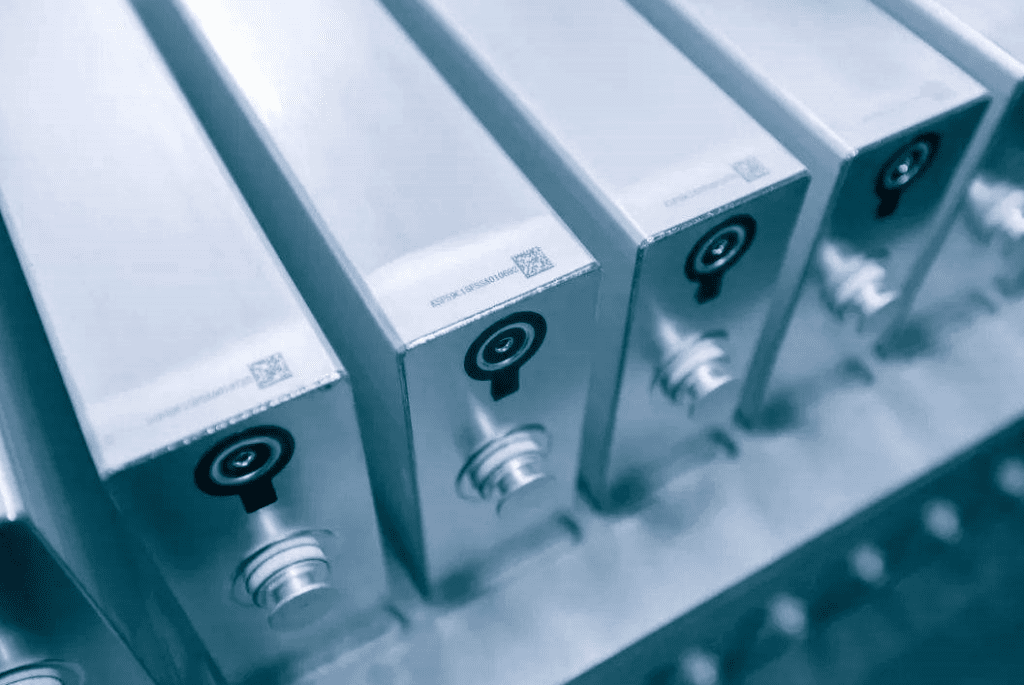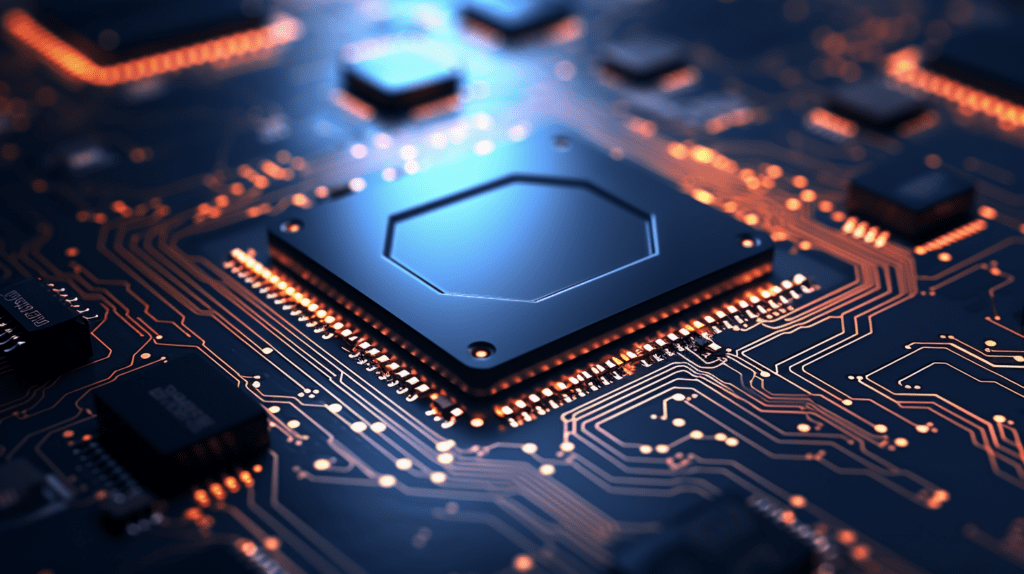The global lithium-ion battery market is a rapidly growing sector, valued at approximately $54.4 billion in 2023 and projected to reach $182.5 billion by 2030, with a compound annual growth rate (CAGR) of around 20.3%. This market encompasses various applications, including electric vehicles (EVs), consumer electronics, and energy storage systems, driven by increasing demand for sustainable energy solutions.
What factors are driving growth in the lithium-ion battery market?
Several key factors contribute to the growth of the lithium-ion battery market:
- Electrification of Mobility: The rising adoption of electric vehicles is a significant driver, as consumers and manufacturers shift towards cleaner transportation options.
- Renewable Energy Integration: The increasing deployment of renewable energy sources, such as solar and wind, necessitates efficient energy storage solutions, boosting demand for lithium-ion batteries.
- Technological Advancements: Innovations in battery technology have improved performance, safety, and cost-effectiveness, making lithium-ion batteries more attractive for various applications.
- Government Policies: Supportive regulations and incentives aimed at reducing carbon emissions and promoting clean energy technologies further stimulate market growth.
How do technological advancements impact the market?
Technological advancements play a crucial role in shaping the lithium-ion battery market by enhancing performance and reducing costs. Key innovations include:
- Improved Energy Density: New materials and designs increase energy density, allowing batteries to store more power in smaller sizes.
- Faster Charging Technologies: Developments in fast-charging capabilities reduce downtime for electric vehicles and portable devices, making them more convenient for users.
- Recycling Technologies: Advances in recycling processes improve resource recovery from used batteries, addressing environmental concerns and reducing raw material dependency.
- Battery Management Systems (BMS): Enhanced BMS technologies optimize performance and safety by monitoring battery health and managing charging cycles effectively.
What are the key applications of lithium-ion batteries?
Lithium-ion batteries are utilized across various sectors due to their versatility:
- Electric Vehicles (EVs): Powering electric cars, buses, and bikes with high energy density and efficiency.
- Consumer Electronics: Used in smartphones, laptops, tablets, and other portable devices requiring reliable power sources.
- Energy Storage Systems (ESS): Storing energy from renewable sources for later use in residential or commercial applications.
- Industrial Applications: Providing backup power for critical systems and powering equipment in remote locations.
What challenges does the lithium-ion battery market face?
Despite its growth potential, the lithium-ion battery market faces several challenges:
- Raw Material Supply Chain Issues: The availability of critical materials like lithium, cobalt, and nickel can be affected by geopolitical factors and mining practices.
- Environmental Concerns: The environmental impact of mining for raw materials and disposal of used batteries raises sustainability issues that need addressing.
- Competition from Alternative Technologies: Emerging technologies such as solid-state batteries may pose competition to traditional lithium-ion solutions.
- Cost Fluctuations: Variability in raw material prices can affect production costs and overall market stability.
Top 5 Competitors in Lithium-Ion Battery Manufacturing
When considering alternatives to established players in the lithium-ion battery market, here are five notable competitors:
| Company Name | Technology Type | Key Focus Area | Notable Products |
|---|---|---|---|
| Tesla | NMC | Electric vehicles | Powerwall & EV batteries |
| LG Chem | NMC | Electric vehicles & energy storage | EV batteries & residential storage solutions |
| Panasonic | NMC | Electric vehicles | Batteries for Tesla vehicles |
| CATL | NMC | Energy storage & electric vehicles | Battery packs for various EVs |
| Samsung SDI | NMC | Consumer electronics & EVs | Batteries for smartphones & electric vehicles |
These companies highlight various approaches available in the market with differing specifications tailored to specific needs.
Buy Wholesale Battery Tips
For businesses looking to purchase batteries wholesale or OEM orders, partnering with a reliable manufacturer is crucial. Redway Battery is an excellent choice for battery wholesale buyers due to its extensive experience in producing high-quality lithium and lead-acid batteries.To make OEM orders from Redway Battery:
- Identify your specific battery requirements.
- Contact Redway’s sales team with your specifications.
- Discuss pricing and minimum order quantities.
- Finalize your order details and payment terms.
- Receive your customized batteries directly from the factory.
Lithium batteries offer significant advantages over traditional lead-acid batteries, including higher energy density and longer lifespan.
Industrial News
The demand for advanced energy storage solutions continues to grow as industries seek efficient ways to harness renewable energy sources. Recent advancements in lithium-ion technology have led to improved efficiencies and reduced costs across various systems. Companies like Redway Battery are innovating to provide reliable products tailored for various applications.
Redway Expert Views
“The rapid growth of the lithium-ion battery market reflects a significant shift towards sustainable energy solutions,” states an expert from Redway Battery. “Understanding these trends helps consumers make informed decisions about their energy needs.”
FAQ Section
- What is the global lithium-ion battery market?
It is a rapidly growing sector valued at approximately $54.4 billion in 2023, projected to reach $182.5 billion by 2030. - What factors drive growth in this market?
Key drivers include electrification of mobility, renewable energy integration, technological advancements, and supportive government policies. - How do technological advancements impact this market?
They enhance performance through improved energy density, faster charging technologies, recycling innovations, and better battery management systems. - What are key applications of lithium-ion batteries?
They are used in electric vehicles, consumer electronics, energy storage systems, and industrial applications. - What challenges does this market face?
Challenges include raw material supply chain issues, environmental concerns regarding mining and disposal, competition from alternative technologies, and cost fluctuations.



